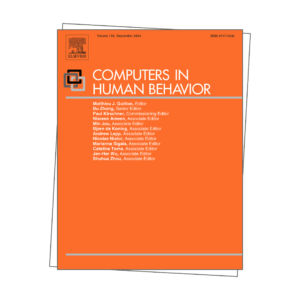This study proposes adopting linguistic politeness in vehicle speech interfaces, as active communication between drivers and vehicles will become an essential part of driving with advanced autonomous driving technologies. Two between-subjects experiments were conducted to test the influences of politeness strategies (i.e., asking help, giving a reason, expressing gratitude) on drivers’ perceptions of the vehicles. The results indicate that drivers evaluate polite vehicles as more sociable and trustworthy, and they perceive polite instructions were more acceptable. The results also suggest that providing reasons for requests and expressing gratitude for drivers’ cooperation can be an optimal linguistic strategy in vehicle speech interfaces. Moreover, this study identifies the layers of heuristics in the process of shaping trust in autonomous vehicles. Drivers can instantly recognize politeness in vehicle speech interfaces, and this politeness heuristic was found to increase drivers’ perception of social presence, thereby heightening drivers’ trust in the autonomous vehicles.
 PAVE US
PAVE US PAVE EUROPE
PAVE EUROPE PAVE UK
PAVE UK

